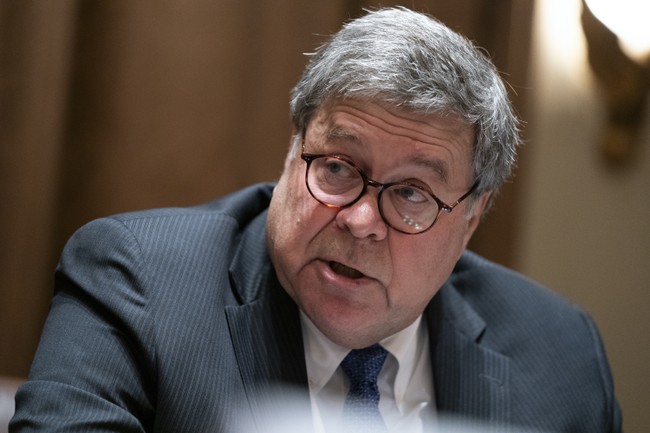Germany Faces Political Crisis with Coalition Collapse
Amid economic challenges and political discord, Germany's Chancellor Scholz confronts coalition turmoil by dismissing Finance Minister Lindner, hinting at potential early elections.
Published November 07, 2024 - 00:11am

Image recovered from rtl.de
The political landscape in Germany has been thrown into turmoil as Chancellor Olaf Scholz dismissed Finance Minister Christian Lindner, signaling a potential breakdown of the current coalition government. This critical move comes amidst ongoing friction in the coalition, which comprises the Social Democrats, the Free Democrats, and the Greens, over economic reform and budgetary issues.
The tension has been brewing for weeks with Finance Minister Lindner, a prominent fiscal conservative, proposing sweeping reforms to rejuvenate the faltering German economy. His proposals, however, were met with resistance from his coalition partners, exacerbating existing divisions. This impasse over economic strategies underscores the lack of cohesion that has plagued the coalition.
Chancellor Scholz has stressed the urgency of addressing financial challenges without compromising Germany's economic stability. He emphasized measures such as affordable energy costs, incentives for the automobile industry, and increased support for Ukraine as crucial to navigate the current economic climate. However, Lindner's refusal to embrace these measures led to his dismissal, as Scholz seeks to steer clear of fiscal policies he views as imprudent.
The dismissal has triggered a significant political crisis in Germany, with the cohesion of Scholz's government severely compromised. The Free Democrats, led by Lindner, were pivotal in maintaining parliamentary majority, and their departure signals an imminent collapse of the coalition termed 'Ampel' (traffic light), named after the parties' colors.
Lindner, in response to his dismissal, accused Scholz of underestimating Germany's economic predicaments and criticized his reluctance to discard the debt brake policy. This contention over financial policies was a significant factor in Lindner's call for potential early elections, suggesting a parallel to past political restructures.
Vice Chancellor Robert Habeck, from the Green Party, highlighted the challenges faced by the coalition due to geopolitical concerns, such as the outcome of the U.S. presidential election and ongoing conflicts affecting global economies, making this a precarious time for governmental upheaval.
As the coalition unravels, Scholz has signaled the possibility of governing temporarily as a minority government. He intends to address necessary legislative agendas, including emergency industrial support and pension stabilization, until potential elections can be arranged.
The political instability casts doubt on Germany's ability to navigate through its economic crisis unscathed. The chancellor plans to seek a parliamentary confidence vote to expedite elections early next year. This development follows intense deliberations between the coalition leaders aiming to salvage the alliance but failing to reach a consensus.
European observers watch with concern as this coalition crisis could have broader implications for the continent, particularly at a time when Germany's leadership within the EU is pivotal. The fracture in the coalition raises questions about the future political trajectory, with opposition parties potentially gaining ground.
This situation not only impacts Germany domestically but also poses challenges for its political influence on European and global stages. The economic policies of Germany, one of Europe's largest economies, hold significant weight in the broader economic landscape, affecting international trade and economic agreements.
As Scholz grapples with coalition disintegration, his leadership faces scrutiny amidst this trial, demanding political dexterity to realign and possibly reconstruct alliances that can navigate Germany through its fiscal challenges ahead.






